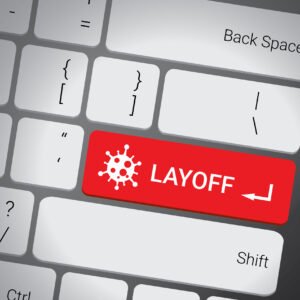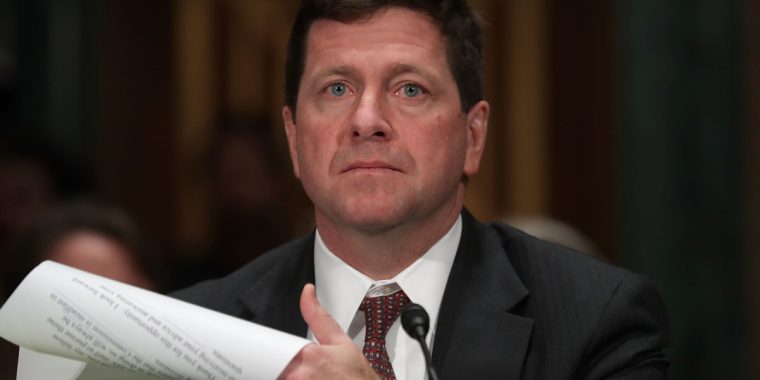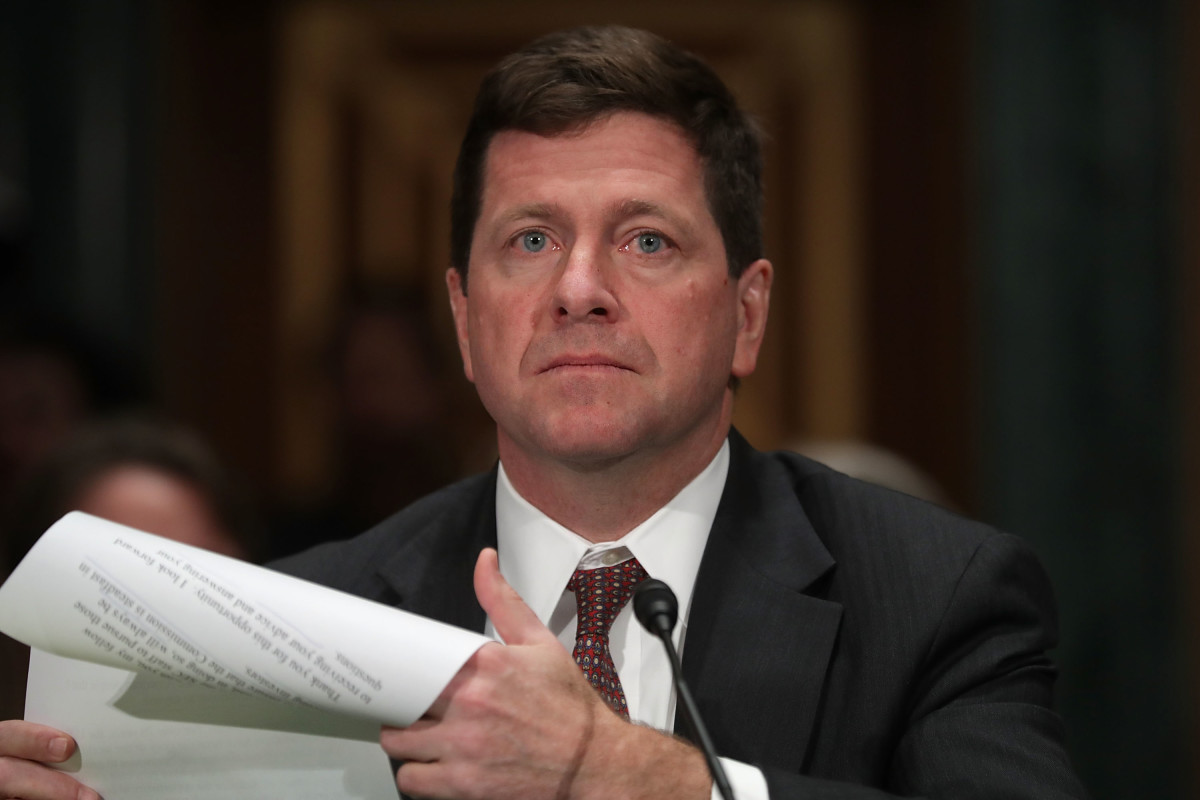At the U.S. Supreme Court (photo by David Lat).
When settling into the saddle at the Supreme Court, justices generally don’t want law clerks for whom this would be their first time at the rodeo. This is why new Supreme Court justices often hire clerks who have already clerked for SCOTUS, bringing them back to One First Street for a return engagement.
Many new justices also want clerks whom they know and trust for that first Term on the Court. This is why justices typically hire clerks who have clerked for them before on their prior court (or whom they otherwise know better than a typical clerkship hire).
For his first Term on the Court, Justice Neil Gorsuch hired four clerks who had all clerked for him before on the Tenth Circuit. And two of those clerks also had SCOTUS experience (not surprising, since Gorsuch was a big-time feeder judge before his elevation): Jane Kucera Nitze had clerked for Justice Sonia Sotomayor, and Matt Owen had clerked for Justice Antonin Scalia.
For her first Term on the Court, Justice Elena Kagan hired four clerks, three of whom had previously clerked for the Court: Andrew Crespo for Justice Stephen Breyer, Allon Kedem for Justice Anthony Kennedy, and Elizabeth Prelogar for Justice Ruth Bader Ginsburg. (Justice Kagan came to the Court after serving as Solicitor General, so she had no former clerks of her own to hire.)
Of the most recent Justices, only Justice Brett Kavanaugh took a different path. Of his first four clerks — the first all-female class of clerks at the Court, as some of you might recall — none had previously clerked for the Court. But he did hire clerks he knew well: Kim Jackson had previously clerked for him on the D.C. Circuit, Sara Nommensen was a student of his at Harvard Law School, and Megan Lacy worked on his confirmation.
The newest member of the Court, Justice Amy Coney Barrett, is following precedent, by hiring clerks with either prior SCOTUS clerkship experience or prior clerkship experience with her. Here are Justice Barrett’s first four clerks (as previously reported by Kimberly Robinson of Bloomberg Law and Marcia Coyle of the National Law Journal):
1. Brendan Duffy (Northwestern 2017 / P. Kelly / Barrett)
2. Nick Harper (Chicago 2015 / Kavanaugh / A. Kennedy)
3. Whitney Hermandorfer (GW Law 2015 / Kavanaugh / Leon (D.D.C.) / Alito)
4. Madeline Lansky (Chicago 2016 / Pryor / Thomas)
So three of the four new Barrett clerks previously clerked at the Court — all for conservative (or at least Republican-appointed) justices — and the only one who didn’t, Brendan Duffy, previously clerked for Barrett at the Seventh Circuit (as well as Judge Paul Kelly of the Tenth Circuit). Two of them clerked for then-Judge Brett Kavanaugh, meaning that Kavanaugh continues to feed clerks to the Court even while he now sits on it. With these four additional clerks, who join the 38 already there, this Term will now boast a whopping 42 clerks.
As noted by Kimberly Robinson, Barrett “looked beyond Harvard and Yale for new clerks” — perhaps not surprising, from the only Supreme Court justice not to graduate from Harvard or Yale Law — by hiring two Chicago grads, one Northwestern grad, and one GW Law grad. As one might expect from a graduate and former professor of Notre Dame Law, Barrett went for “midwestern elite” — Chicago and Northwestern, two out of the three top-14 schools not on the East or West Coasts (the third being Michigan). Expect her to hire from her alma mater as well in future Terms, increasing diversity among the ranks of SCOTUS clerks, at least in terms of schools.
As I predicted, Justice Barrett didn’t pick up any of the former clerks to the late Justice Ruth Bader Ginsburg. Two of them are now with Justice Sotomayor, and we should soon learn where the other three went.
And what about Barrett’s own “orphaned” clerks from the Seventh Circuit — the clerks who were working for her at the time of her elevation, as well as any she presumably hired for the future? My guess is that she will bring them up to clerk for her at SCOTUS eventually, after they find and complete clerkships for other circuit judges, which is not uncommon (and what Justice Kavanaugh did with his own displaced D.C. Circuit clerks).
Congratulations to Justice Barrett’s four Supreme Court law clerks — and congratulations to Justice Barrett on joining the Supreme Court.
Earlier:
 David Lat, the founding editor of Above the Law, is a writer, speaker, and legal recruiter at Lateral Link, where he is a managing director in the New York office. David’s book, Supreme Ambitions: A Novel (2014), was described by the New York Times as “the most buzzed-about novel of the year” among legal elites. David previously worked as a federal prosecutor, a litigation associate at Wachtell Lipton, and a law clerk to Judge Diarmuid F. O’Scannlain of the U.S. Court of Appeals for the Ninth Circuit. You can connect with David on Twitter (@DavidLat), LinkedIn, and Facebook, and you can reach him by email at dlat@laterallink.com.
David Lat, the founding editor of Above the Law, is a writer, speaker, and legal recruiter at Lateral Link, where he is a managing director in the New York office. David’s book, Supreme Ambitions: A Novel (2014), was described by the New York Times as “the most buzzed-about novel of the year” among legal elites. David previously worked as a federal prosecutor, a litigation associate at Wachtell Lipton, and a law clerk to Judge Diarmuid F. O’Scannlain of the U.S. Court of Appeals for the Ninth Circuit. You can connect with David on Twitter (@DavidLat), LinkedIn, and Facebook, and you can reach him by email at dlat@laterallink.com.






 Tyler Broker is a practicing attorney whose work has been published in the Gonzaga Law Review, the Albany Law Review, and the University of Memphis Law Review. Feel free to
Tyler Broker is a practicing attorney whose work has been published in the Gonzaga Law Review, the Albany Law Review, and the University of Memphis Law Review. Feel free to 





 Kathryn Rubino is a Senior Editor at Above the Law, and host of
Kathryn Rubino is a Senior Editor at Above the Law, and host of 


 Jordan Rothman is a partner of
Jordan Rothman is a partner of